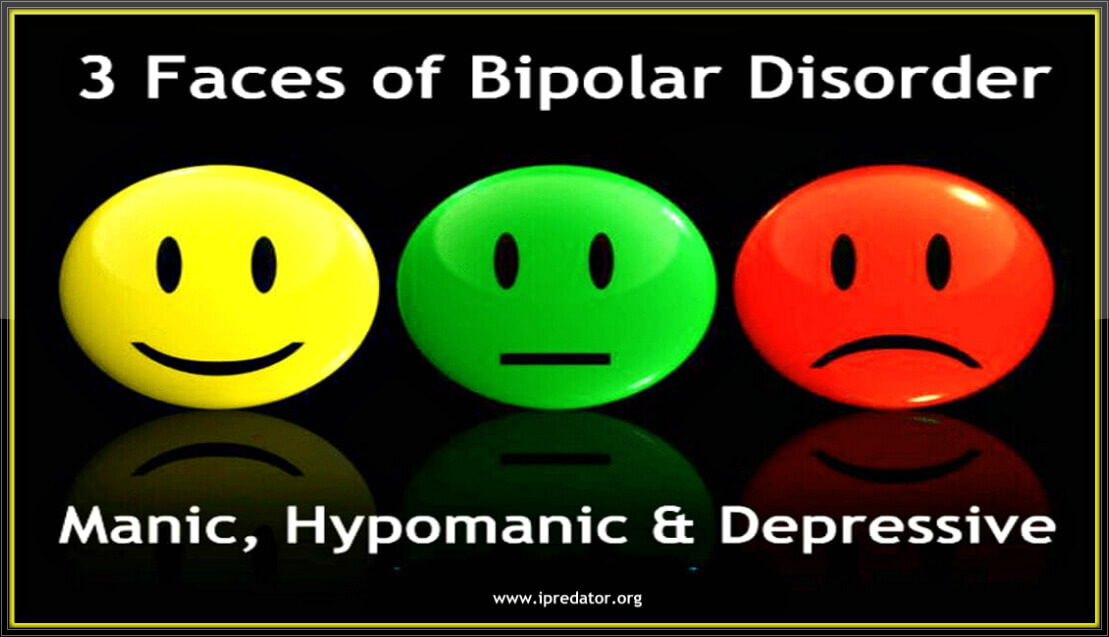Chapter 16: Mood Disorders and Suicide
Chapter Introduction
Health-care professionals will come in contact with clients who have been diagnosed with a variety of mental health conditions, including mood disorders. Normal mood variations are transient and can be linked to specific events or circumstances, such as feeling elated after receiving good news or feeling sad after a disappointment. These feelings usually do not impair daily functioning and are generally short-lived (American Psychiatric Association, 2022). A mood disorder, on the other hand, involves disturbances in a person’s emotional state that are intense, long-lasting, and not necessarily tied to any specific event or situation. These disturbances can significantly impair a person’s ability to function socially, occupationally, or academically (American Psychiatric Association, 2022).
In recent years, there has been increasing recognition and discussion of a spectrum approach to understanding mood disorders. This perspective suggests that mood disorders exist on a continuum. According to this perspective, mood disorders are not discrete, isolated conditions but feature a range of overlapping symptoms, severity, and functional impairments (Paris, 2014). This model suggests that clients may not neatly fit into the traditional categories as defined by the Diagnostic and Statistical Manual of Mental Disorders. For example, some individuals may experience symptoms that do not meet the full criteria for a depressive disorder but still suffer significant distress or impairment in daily functioning (American Psychiatric Association, 2022).
Nursing care is crucial in treating and managing mood disorders. Nurses play a vital role in monitoring clients’ responses to treatment, managing side effects, providing client and family education, and offering emotional support. It is essential to remember that these disorders are typically chronic, requiring ongoing care and management.
Media Attributions
- 49933839578_a2ecb77546_o

